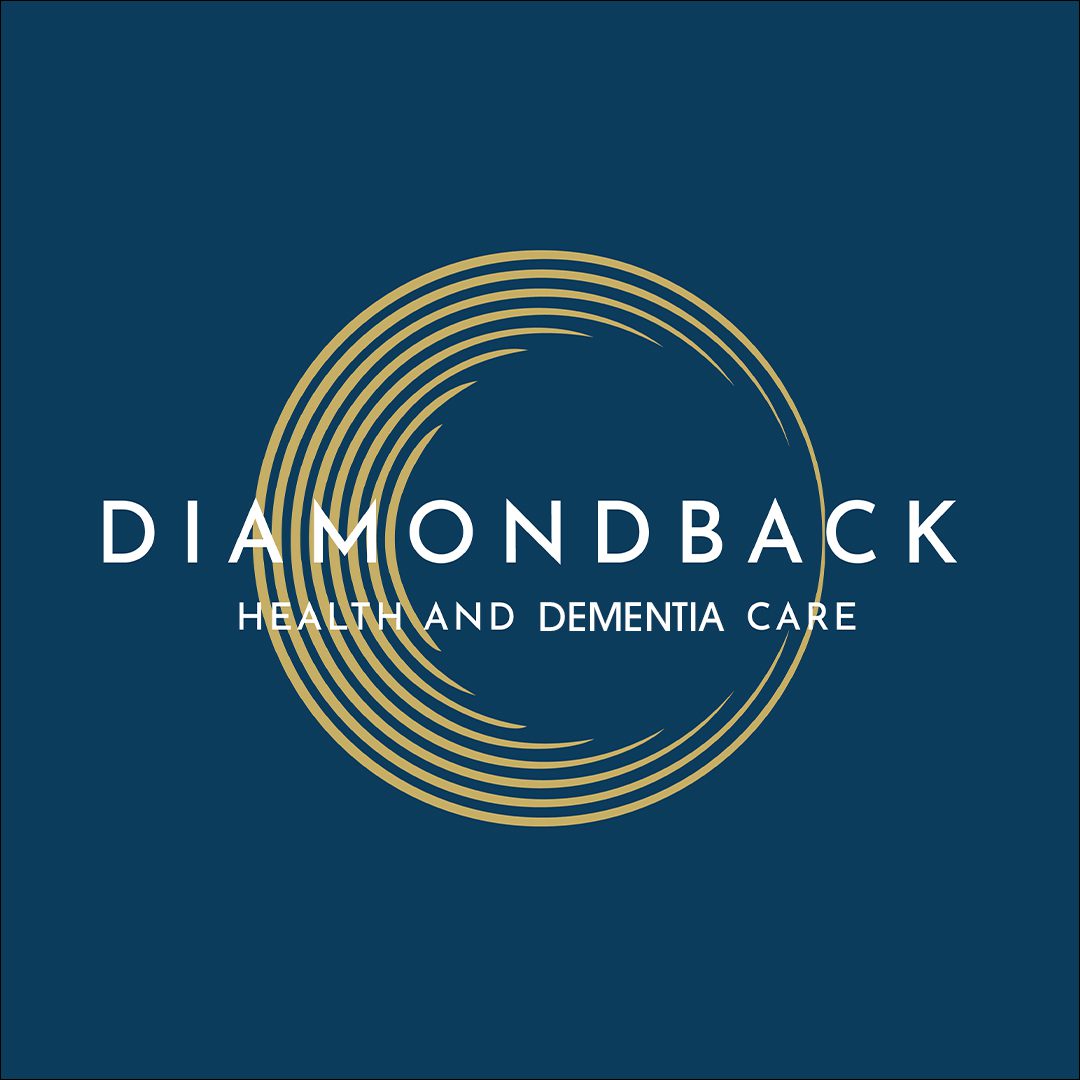As we age, it’s not uncommon for our cognitive abilities to gradually decline. However, for some individuals, this process can be more rapid and significant. It may indicate an underlying condition like dementia or Alzheimer’s disease.
When a person experiences cognitive decline, an early diagnosis is essential to take advantage of available treatment options that may be able to slow the disease. Recognizing the signs that suggest it’s time for a cognitive screening is crucial for early intervention and proper management of these conditions.
Early Warning Signs
Individuals — and their friends and families — may notice common early warning signs indicating cognitive impairment. These may be:
- Memory lapses
Forgetting people’s names, appointments, and other daily tasks they’ve easily managed for years. - Difficulty finding the right words
Stumbling over words or not being able to get what they want to say out verbally. - Repeating things
Telling stories or asking the same question repeatedly in a short time. - Challenges with problem-solving or decision-making
Lack of reasoning or indecisiveness. - Getting lost or losing things
Forgetting directions and frequently misplacing keys, wallet, and other possessions. - Changes in mood or behavior
Being more paranoid, impatient or withdrawn.
Risk Factors
Some people are more likely than others to suffer from cognitive decline as they age. People with risk factors like family history, head injuries, cardiovascular diseases, and certain lifestyle factors may have an increased likelihood of developing cognitive issues.
The Screening Process
Cognitive screening is typically a simple process. There are different types of tests and assessments used to evaluate cognitive function, like memory tests, problem-solving tasks and language assessments.
Benefits of Early Detection
As we mentioned above, early detection and intervention can lead to better management of cognitive impairment. It can help slow the condition’s progression, and improve the quality of life for both the individual and their caregivers.
Overcoming Stigma and Concerns
Unfortunately, cognitive decline still carries a stigma from many decades of misunderstanding the condition. Don’t let these outdated opinions keep you from getting screened if you’re suffering from these symptoms. Prioritizing your long-range health and well-being is essential for minimizing the effects dementia or Alzheimer’s has on your (or your loved one’s) life.
When To Seek Professional Help
“Sure, my older loved one forgets things from time to time. Does that mean it’s time for a screening?” It’s appropriate to consult a healthcare professional for a cognitive screening when warning signs:
- Persist or worsen
- Significantly interfere with daily activities
- Affect quality of life
Taking care of your body and mind is crucial for aging gracefully and addressing any potential problems head-on. A cognitive screening may be the answer if you’re suffering from the symptoms we mentioned above, or if you have a family history of memory-loss conditions. Reach out to Desert Diamond Memory Pavilion for further information or assistance.
